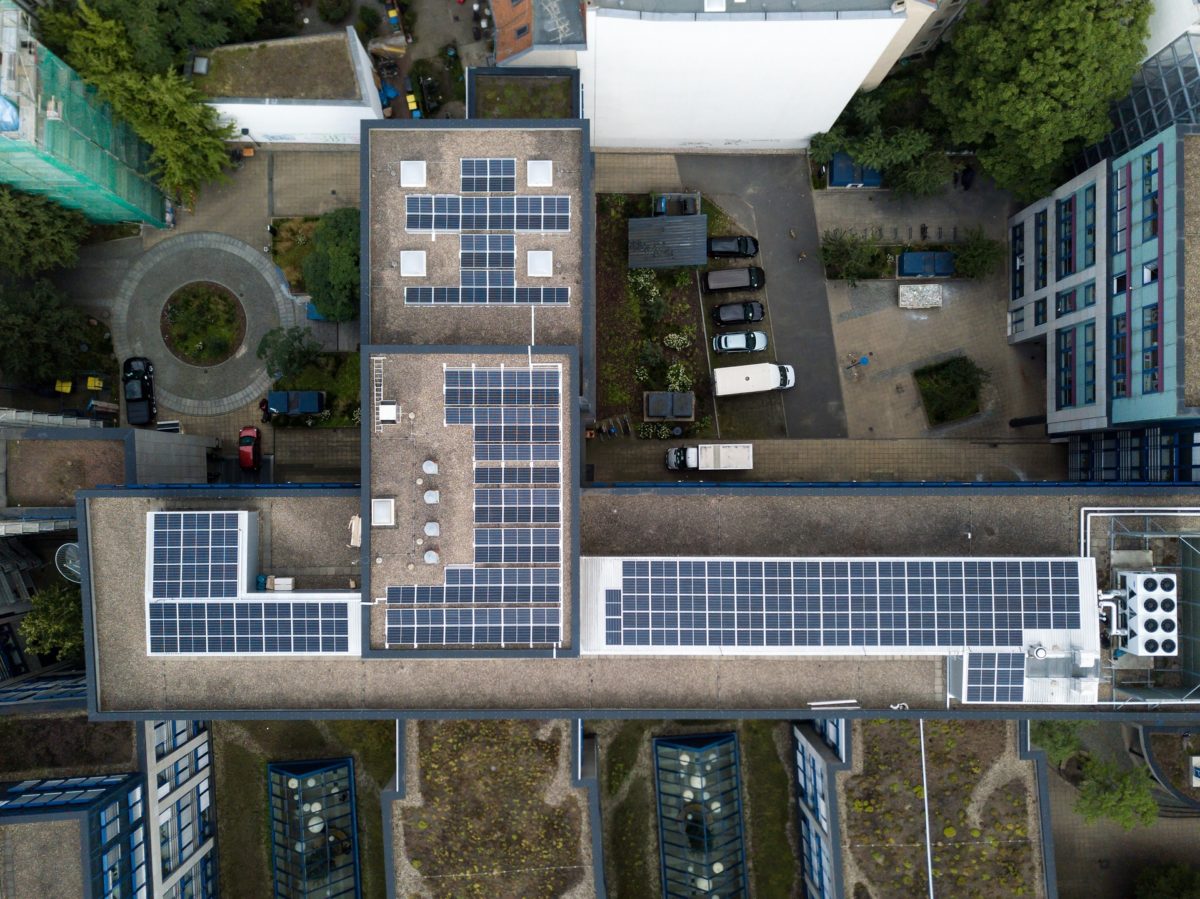Consumentenbond, a Dutch consumer association, has revealed that Dutch energy supplier Eneco plans to reduce the net-metering tariff it pays to rooftop PV system owners from €0.56 ($0.56)/kWh to €0.09/kWh. By contrast, Sweden-based Vattenfall, which also operates in the country, has decided to increase the tariff from €0.07/kWh to €0.168/kWh.
“The Netherlands Authority for Consumers & Markets (ACM) had previously stated that this tariff must be at least 70% of the basic electricity prices,” the association said. “But pending new providions, these guidelines no longer applies. And energy companies make good use of this by paying consumers a lower fee.”
Sandra Molenaar, the director of Consumentenbond, said that the new provisions also set a new minimum. However, the law will not go into effect until 2025.
“We, therefore, call on the government to indicate exactly a minimum threshold as soon as possible, so that we don't have to wait for the new law to come into effect,” said Molenaar.
A recent study conducted by the association has also revealed that half of all energy suppliers offer an excessively low tariff for surplus solar power. Five suppliers even pay less than 15% of the basic electricity price.
According to Dutch solar analyst Peter Segaar, Dutch energy providers are currently awarding tariffs between €0.07/kWh and €0.66/kWh – a range he sees as appropriately remunerative.
“These are good prices for solar households, with which they can accomplish a relatively short pay-back time for their PV installations,” he told pv magazine. “All households that produce a surplus, do not pay any energy taxes or the so-called SDE levy, nor VAT, for their own yearly consumption. Besides, as a result of interventions by the fourth Rutte cabinet, due to the high market prices for electricity and gas, also all solar households, will receive a large amount of money from the Ministry of Finance this year, the so-called energy tax compensation. That amounts, currently, to a large sum, of almost €682 excluding VAT.”
In June, the Netherlands Authority for Consumers and Markets (ACM) began investigating whether energy suppliers are buying surplus solar power from prosumers under the nation's net-metering regime at lower tariffs than what is considered a “reasonable price.” According to the most recent statistics from the Central Agency for Statistics (CBS), at the end of 2021 there were around 1.58 million Dutch households that were equipped with rooftop PV systems.
The Netherlands Environmental Assessment Agency recently estimated the country could reach 27 GW of installed PV capacity by 2030. The report’s authors said the planned phasing out of net metering for rooftop PV was more likely to influence the type of projects installed after 2023 than overall volumes.
The Netherlands reached a cumulative installed PV capacity of 14.3 GW at the end of 2021, according to the Dutch Central Agency for Statistics. The Dutch solar market grew by 3.3 GW of newly deployed capacity last year. By comparison, newly deployed PV systems hit 2.93 GW in 2020, 2.57 GW in 2019, 1.69 GW in 2018, and 853 MW in 2017.
This content is protected by copyright and may not be reused. If you want to cooperate with us and would like to reuse some of our content, please contact: editors@pv-magazine.com.




3 comments
By submitting this form you agree to pv magazine using your data for the purposes of publishing your comment.
Your personal data will only be disclosed or otherwise transmitted to third parties for the purposes of spam filtering or if this is necessary for technical maintenance of the website. Any other transfer to third parties will not take place unless this is justified on the basis of applicable data protection regulations or if pv magazine is legally obliged to do so.
You may revoke this consent at any time with effect for the future, in which case your personal data will be deleted immediately. Otherwise, your data will be deleted if pv magazine has processed your request or the purpose of data storage is fulfilled.
Further information on data privacy can be found in our Data Protection Policy.